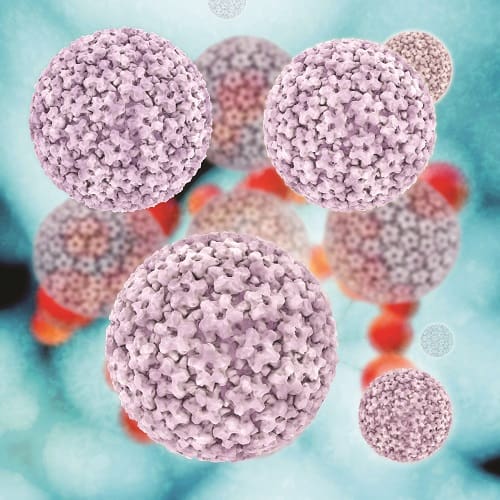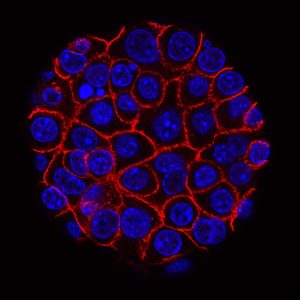
Breast cancer recurrence can occur up to 20 years after treatment, report shows
pharmafile | November 10, 2017 | News story | Medical Communications, Research and Development | Cancer, breast cancer, pharma, tamoxifen
New findings from the Early Breast Cancer Trialists’ Collaborative Group have demonstrated that oestrogen receptor-positive (ER-positive) breast cancer is able to return or spread 15 to 20 years after being treated.
The discovery was made after the researchers analysed data from 88 clinical trials encompassing more than 62,000 participants ER-positive breast cancer. All of these patients received the standard treatment for the particular kind of breast cancer in question: the endocrine-based treatments tamoxifen or aromatase inhibitors, taken daily for five years.
However, it was observed that many of these patients still their cancer metastasise even up to 20 years after first treatment, with the highest risk group being those whose tumours were originally large or had spread to at least four lymph nodes. This group had a 40% risk of recurrence over 15 years, compared to 10% over the same period with small tumours or when no such spread had occurred.
“It is remarkable that breast cancer can remain dormant for so long and then spread many years later with this risk remaining the same year after year and still strongly related to the size of the original cancer and whether it had spread to the nodes,” remarked Hongchao Pan, lead author from the University of Oxford.
Senior study author Daniel F Hayes, the Stuart B Padnos Professor of Breast Cancer Research at the University of Michigan Comprehensive Cancer Center added: “Even though these women remained free of recurrence in the first five years, the risk of having their cancer recur elsewhere (for example in the bone, liver or lung) from years five to 20 remained constant.”
While the benefits of the standard five years of tamoxifen, and aromatase inhibitors in post-menopausal patients, have long been known, new studies now indicate that the duration of treatment should be extended to ten years. Hayes noted that the team sought to identify any sub-groups of patients whose risk of recurrence was long enough that they would not benefit from extending treatment beyond five years. They found that even those with the best prognosis still had recurrence rates of around 1% per year between years five and 20, or 10% over 15 years.
The team ultimately said the findings indicate that women with ER-positive breast cancer should consider taking anti-estrogen therapy beyond five years, with Hayes remarking: “These data can be used by patients and their health care providers as they consider whether to continue taking anti-oestrogen therapy beyond five years, weighed against side effects and toxicity of the therapies.”
Matt Fellows
Related Content

Geneos Therapeutics shares data from phase 1/2 trial for cancer vaccine
Geneos Therapeutics has announced that it has published positive safety, immunogenicity and efficacy data from …

FDA accepts BLA for AstraZeneca and Daiichi Sankyo’s datopotamab deruxtecan for breast cancer treatment
AstraZeneca and Daiichi Sankyo have announced that their Biologics License Application (BLA) for datopotamab deruxtecan …

Curve Therapeutics’ CSO publishes research on HIF inhibition for cancer treatment
Curve Therapeutics has announced that its chief scientific officer, Professor Ali Tavassoli has published research …








